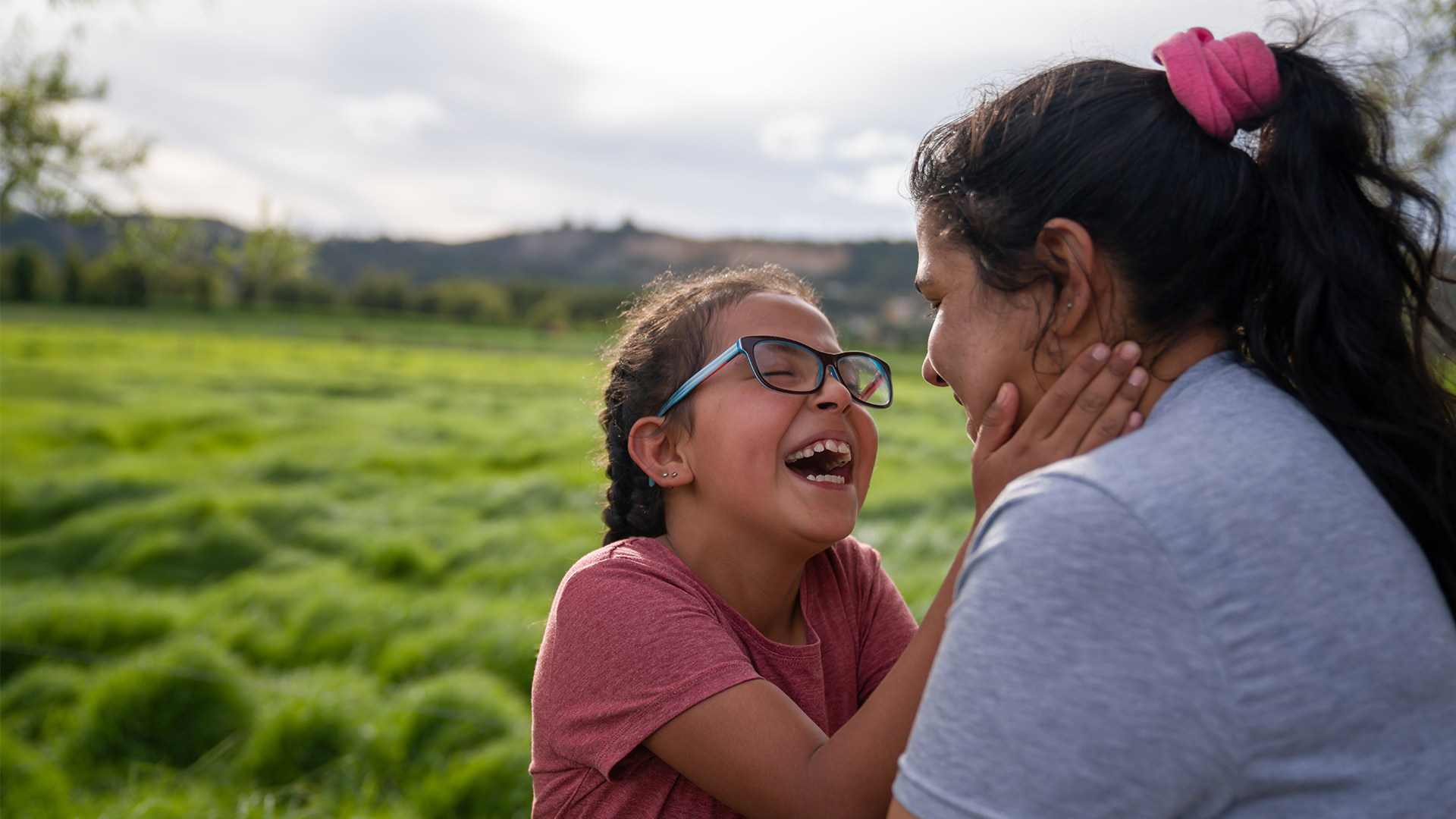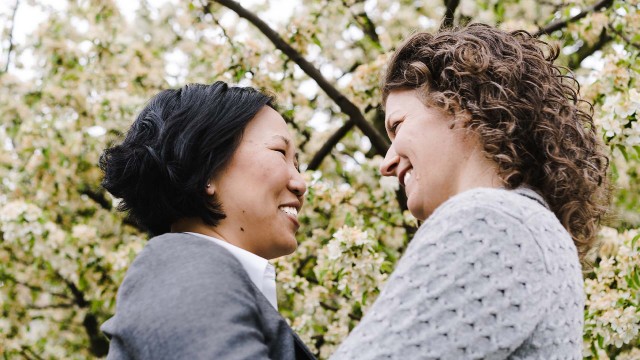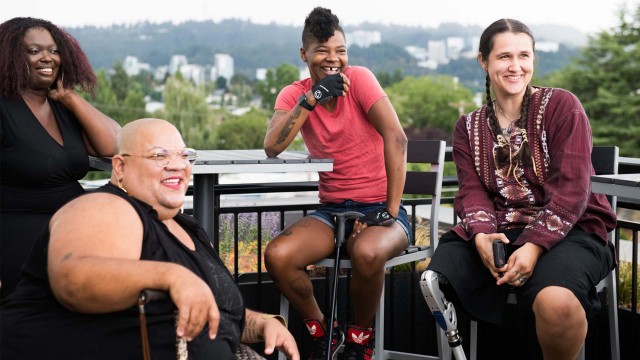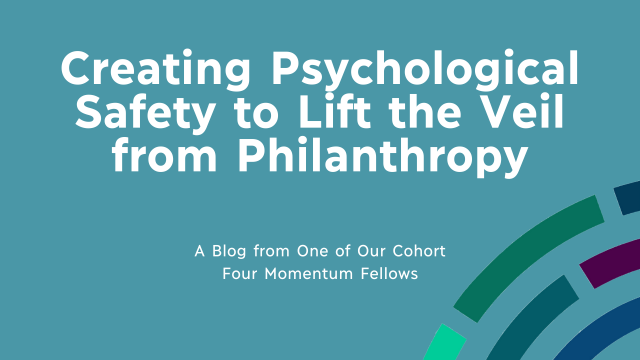
Laura E. Isiordia (she/her) is part of the fourth cohort of Philanthropy Northwest's Momentum Fellowship program and is a field coordinator in the Rural Community Building department at The Ford Family Foundation, working with Latinx communities across the region. In this essay, she reflects on how hope has influenced her and the communities she works in as a professional in philanthropy. The views and opinions in this blog are her own.
Hope: To look forward with desire and confidence.
At times we think of hope as merely a sentiment. In my work with communities as a field coordinator for The Ford Family Foundation, hope is something that I embody. Hope is something you can inspire, share, feel and almost touch. I know because I have felt hope’s transformation.
It is incredible to think about how my career as a community builder and now in philanthropy has become my life’s work. I started working in community organizing almost 30 years ago and now the work has become a way of life. It is how I find meaning and, most importantly, how I find hope. The opportunities that were given to me made me who I am today, an advocate for rural, underserved, Spanish-speaking communities in Oregon. Everyone deserves to have the opportunities I had and philanthropy can do this by hearing the voices of some of the most underserved residents of our region, bringing in resources and investing in grassroots leaders.
Many people in the communities I serve have never heard of a foundation, much less had one involved in their community. Often Spanish-speaking and farmworker communities are isolated or feel unseen by residents in their rural communities and the government. In my role, I get to meet people and be their first time face-to-face with someone working in philanthropy. My goal is that they leave this first experience feeling like they matter, knowing that they were listened to, and hopeful to take on and lead community action. But my work does not just stop at empowering residents: I also think about, challenge and provoke change in philanthropy and other entities that can bring resources to communities.
I have the good fortune of being part of a resilient organization and team that both critiques the challenges we face and embraces diversity of thought. This embrace of the perspective we each bring to the table along with hope is what keeps me inspired.
My position gives me the freedom to spend time in communities in Oregon and California that have never been brought to the table for discussion and that feel forgotten. It is in these places where I can look for hope or a "sí se puede" attitude. Being able to see and feel the hope that sparks in communities has kept me on this community-building journey for 28 years.
Community building is like a modern version of popular education — its tools like group brainstorming and collaborative work are well known — but it relies on hope. When I can bring capacity-building tools so that we can work together to improve our rural communities, people leave feeling a sense of belonging and like they are part of a movement for change. They feel enough hope to see change for their communities and the confidence to start the change within themselves.


